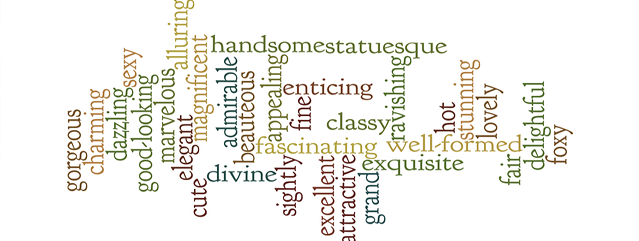Creating Powerful Prose
Are you looking for a solution to creating powerful prose? Of course you are. Why would you want your work to be clogged up with useless words, sentences, and phrases? After reading five online writing guides, I found that most of them agreed on the same words that, as one guide asserts, “deserve to die.”
Many of the words you can safely kill are ambiguous ones like adverbs and adjectives. For instance, writing “The toddler jumped high” doesn’t tell us how high he jumped. Two inches? Ten inches? The same goes for the following: “The woman is tall.” Your version of tall will likely be different than mine. But if the sentence is written with detail, as in, “The woman is six foot eleven,” then we can agree she’s tall.
Here is a partial list of more words you can kill off:
Very and Really: Though both are meant to augment an adjective, verb, or another adverb, they do the exact opposite – they weaken the word it intends to modify.
Just: this word also weakens the writing. If someone smacked my hand every time I used “just,” I’d have one huge bruise.
Perhaps and Maybe: Both of these adverbs make the writer sound unsure, which makes the reader question the writer’s reliability. When reading my work recently, an editor told me she noticed I use both of these words too often. (how much is too often?) She also mentioned that women tend to use “maybe” and “perhaps” more than men. I don’t know how true that is, but her feedback made a difference. Each time I’m tempted to write “maybe” or “perhaps,” as in, “Maybe I felt sorry for him,” I stop myself and ask, “Well, do I?” If so, I write it that way: “I feel sorry for him.”
Always and never: Both are absolutes, and nothing is absolute. It’s best to employ these words when writing a command, such as “Always lock the door before you leave the house” or “Never leave the car door unlocked.”
Thing: This is lazy writing. What things? Books, chairs, bubble gum wrappers?
Amazing: This word is overused: “That was an amazing movie … The hike was amazing… The concert was amazing.” Which brings us to …
“Was:” A to be verb. I know I’ve mentioned this in previous blog posts, but it’s worth mentioning again. The to be verb is sometimes warranted, but action verbs make for stronger prose. Instead of saying, “I was walking to the beach,” say, “I walked to the beach.”
Let’s look at the two options in the following sentence using “amazing” and “was”:
“The sunset was amazing” versus “The sun descended below the horizon, painting the the sky magenta and red.” Which sounds better?
I invite you to explore the following websites for more words to destroy:
Lit Reactor, Plague words, 10 words to cut
Feel free to let me know how it goes.


Recent Comments